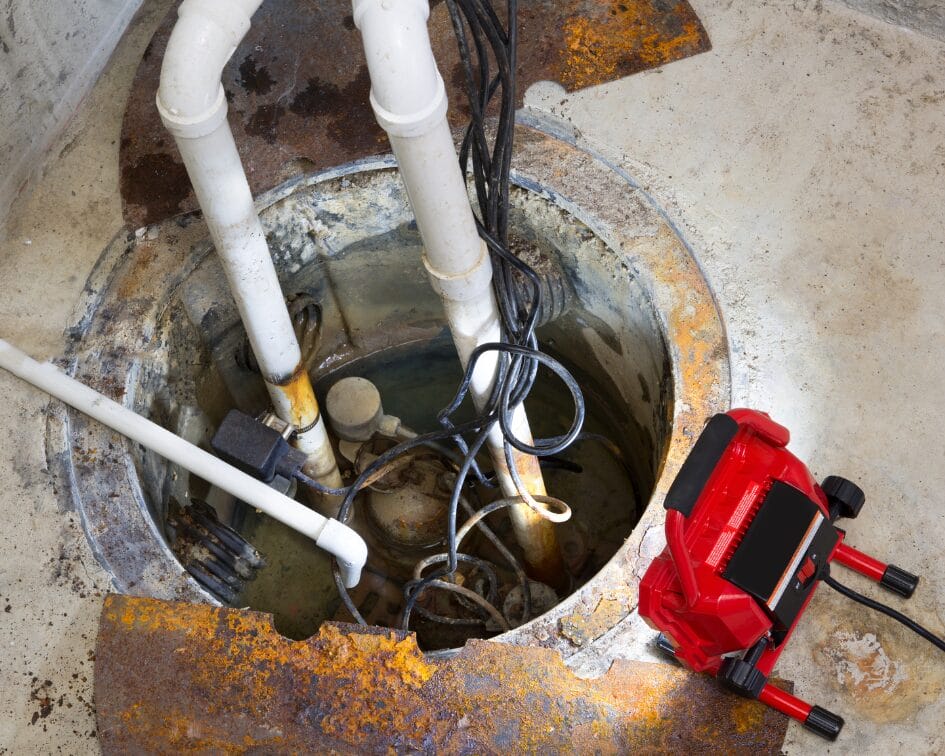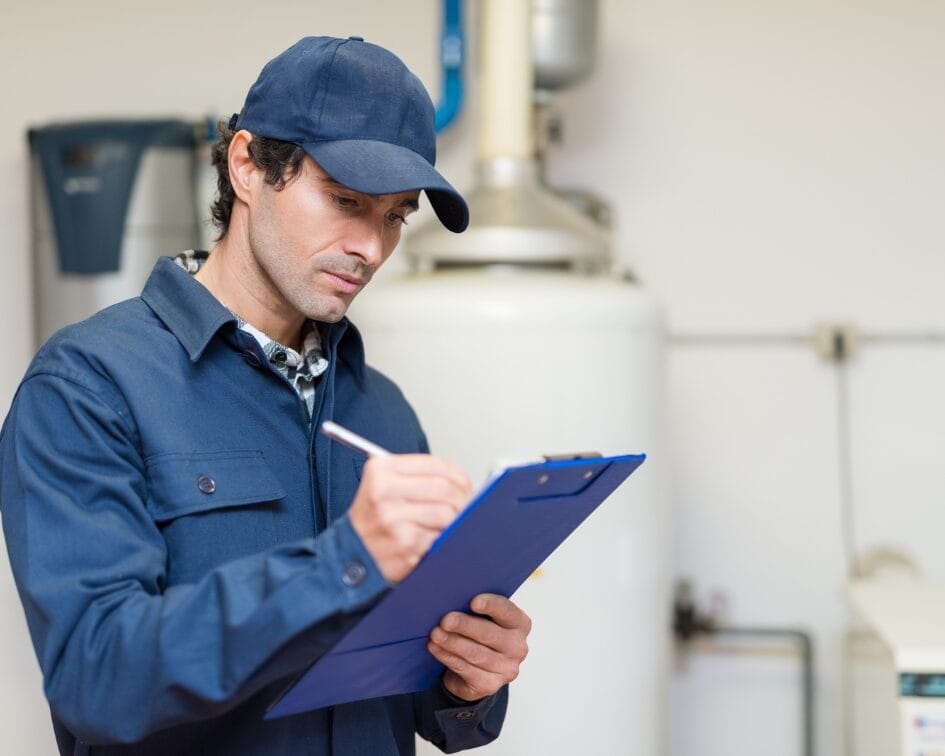License #12173

When it rains or floods heavily, do you ever wonder what keeps your basement dry? One often overlooked hero in this situation is the sump pump.
Yep, that unassuming piece of machinery keeps water out of your basement and away from your valuable possessions.
The thing is, sump pumps are no different from any other appliance; they require occasional care to ensure they continue to work properly.
It's not just about fixing things when they break; it's about keeping them in tip-top shape so they can do their job effectively.
In this guide, we'll dive into the world of sump pump maintenance frequencies and why they're so darn important.
On top of that, we will throw in some industry knowledge to help you understand why a dry, happy basement is all about routine maintenance.

Let's dive deeper into what determines how often your trusty sump pump needs a little love and attention.
You see, it's not just a one-size-fits-all deal. There are several factors at play here, each pulling its weight in deciding when it's time to roll up your sleeves and get to work.
First things first, consider how often your sump pump kicks into action.
Is it running constantly to keep up with a high water table, or does it only spring into action during heavy rains?
The more your pump works, the more wear and tear it experiences. So, if it's putting in overtime, you might need to show it some extra care.
Next up, take a peek at the conditions in your basement. Is it prone to dampness even on dry days?
Does it flood easily during storms?
These environmental factors can put extra strain on your sump pump. If your basement is a bit of a water magnet, your pump might need more frequent check-ups to stay in top shape.
Now, let's talk pump types. There are different sump pump models out there, each with its quirks and needs.
For instance, submersible pumps are tucked away out of sight, while pedestal pumps sit above the water level.
The type of pump you have can influence how often it needs servicing. So, it's essential to know what you're working with to tailor your maintenance schedule accordingly.
At the end of the day, there's no one-size-fits-all answer when it comes to sump pump maintenance. It all boils down to your unique circumstances.
To determine how often your sump pump requires maintenance, it is helpful to examine variables such as the amount of use, the surrounding environment, and the type of pump.
Now that we've uncovered what influences the frequency of sump pump maintenance, let's delve into the essential practices.
While maintaining your sump pump isn't rocket science, having a professional's expertise can make a world of difference.
Here are the key steps to guarantee your sump pump remains in peak condition, with a little help from the pros.
Sump pump maintenance is incomplete without routine inspections.
Although a visual check will do the trick, nothing beats having a professional look over your pump to make sure nothing is missing.
They will remove any obstructions from the sump pit, inspect it for damage, and verify that the float switch is operational.
Maintaining a clean sump pump is critical to its efficient operation.
Although you may be inclined to do it yourself, hiring a professional ensures a comprehensive cleaning without endangering fragile parts.
They will clean the inlet screen and remove any built-up grime from the pump housing, preparing your pump for operation.
A proper test run is the final step in sump pump maintenance.
While you can pour water into the sump pit to simulate a rainstorm, having a professional oversee the test guarantees everything is working as it should.
They'll listen for any unusual noises or vibrations and make any necessary adjustments to make sure your pump is in peak condition.
Now that we've covered maintenance practices, let's chat about recognizing when your sump pump isn't quite up to snuff.
Just like your car or your favorite gadget, sump pumps can sometimes run into problems.
With a keen eye and a few handy troubleshooting tips, you'll be able to nip those issues in the bud before they turn into costly repairs.
When it comes to your sump pump, paying attention to signs of trouble can save you from potential headaches down the road.
Here are some common indicators that your sump pump might be acting up:
When your sump pump starts acting up, it's essential to troubleshoot the problem before it escalates. Here are some troubleshooting tips to help you get to the root of the issue:

Sometimes, the standard troubleshooting tips may not solve the problem with your sump pump. In such cases, it's worth exploring alternative solutions to get to the root of the issue.
Here are some additional troubleshooting methods to consider:
In light of everything we have covered so far, it is clear that a customized strategy is essential for the durability and dependability of your sump pump system.
Majewski Plumbing knows how important it is to tailor a maintenance plan to your specific requirements.
Optimal sump pump maintenance is dependent on several variables, including pump type, environmental conditions, and the frequency of use.
Protect your home from water damage and ensure your sump pump is running smoothly by implementing the recommended maintenance practices, such as conducting regular inspections and having your pump professionally cleaned and tested.
Majewski Plumbing is the company to call if you want your sump pump system installed so you can enjoy a dry, safe basement for many years to come.
1275 Bayshore Rd
Villas, NJ
08251
(609) 374-6001
https://www.majewskiplumbing.com/

